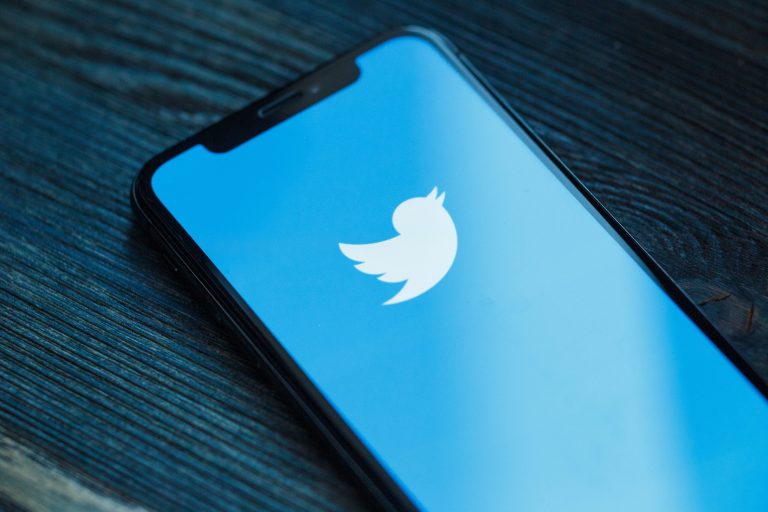Twitter is opening the door for advertisers of packaged weed products, the Associated Press reports, with refined changes to the announcement that it will begin allowing THC ads in addition to CBD ads last February.
The new changes will allow packaged cannabis products in ad creative and include updated medical and adult-use cannabis markets. It’s the latest major shift on the platform since being purchased by Elon Musk in April 2022.
“As of today, in certain US states we have taken measures to relax our Cannabis Ads policy to create more opportunities for responsible cannabis marketing—the largest step forward by any social media platform,” Alexa Alianiello, of Twitter US Sales & Partnerships and Rohan Routroy, of Twitter Next wrote on a blog post on the Twitter website.
When Twitter initially announced changes to its ad policy in February, Twitter users criticized how several features still didn’t appear to work. Users complained that features like radius targeting and conversion tracking still were not functional. It appeared that some features were in the beta stage.
The new changes could iron out some of those problems, in theory. “Going forward, Twitter is allowing advertisers to promote brand preference and informational cannabis-related content for CBD, THC, and cannabis-related products and services,” the blog post announcement reads.
The post continues, “We look forward to helping more customers unlock the power of Twitter Ads to connect with the cannabis conversation and drive their business forward.”
According to Alianiello, Twitter also added additional medical cannabis markets and adult-use markets to the platform. Several restrictions remain in place, mostly surrounding the practice of making unproven or false medical claims.
Any advertisement for cannabis and CBD content must not appeal to minors in the creative, landing pages must be age gated, and sales must be age verified; not use characters, sports-persons, celebrities, or images/icons appealing to minors; not use minors or pregnant women as models in advertising; not make claims of efficacy or health benefits; not make false/misleading claims; not show depiction of cannabis product use; not depict people using or under the influence; and not encourage transport across state lines.
A Gradual Loosening of Cannabis Rules
Twitter announced major changes to its cannabis policy in February, saying that it would allow THC, CBD, and similar ads in the U.S.
The changes were first reported by AdCann. “Up until now, only CBD topical brands were permitted to advertise on Twitter’s platform,” AdCann wrote on its website. “Moving forward—the social network will allow for the promotion of regulated THC and CBD-containing cannabis products, accessories, services and more.”
Twitter posted the policy update on its Drugs and Drug Paraphernalia section of the website, which outlines the process for advertisers promoting cannabis products.
Elon Musk made drastic changes to the Twitter platform, notably removing the coveted blue check marks from verified accounts. Twitter Blue completely rewrote the system, instead allowing verified blue check marks to anyone who is willing to pay a small monthly fee.
This change caused an uproar among prominent Twitter users such as Stephen King, whose complaint over an unwanted blue check mark led to a personal exchange with Musk. Lebron James also announced he refused to pay for the blue check mark but was gifted one anyways.
One of Tucker Carlson’s final interviews was with Elon Musk, before being unexpectedly canned by Fox News despite being one of the platform’s biggest stars. In the interview, when confronted about the billions of dollars’ worth drop in value for Twitter, Musk said there are “some things money can’t buy.”
Time will tell if the new changes to THC and CBD ads stay in place.
